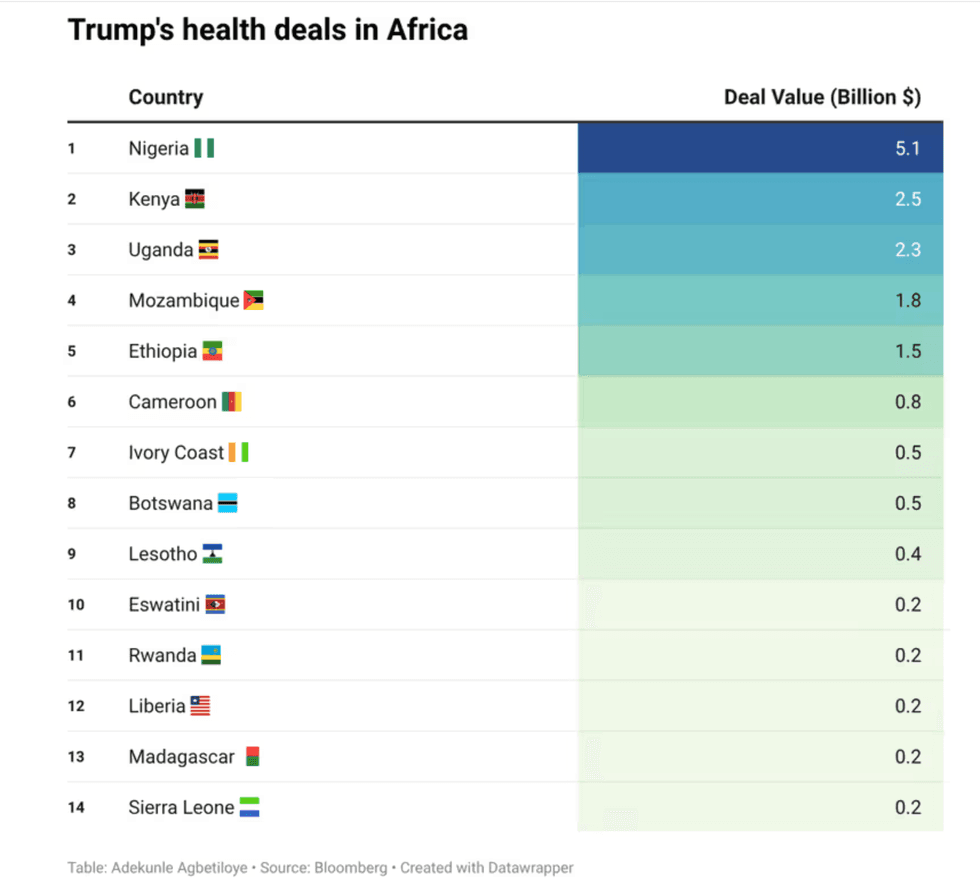There is no argument between Democrats and Republicans—even of the MAGA variety—that we live in a country of great inequality regarding a number of essential aspects of life: money, education, health care, and housing.
The difference between the two is that Republicans feel that if you don't have money, or an education, or good health care, or housing, it's your own fault; government has no responsibility. Democrats feel that it is the government's responsibility to provide each person with the opportunity to pursue their right to life, liberty, and happiness. This dispute is central to the current controversy over SNAP funding during the shutdown.
To find the American answer to this difference in perspectives, I turn once again to the words of the Declaration of Independence:
“We hold these truths to be self-evident, that all men are created equal, that they are endowed by their Creator with certain unalienable Rights, that among these are Life, Liberty and the pursuit of Happiness.–That to secure these rights, Governments are instituted among Men . . .”
Republicans may respond, "What has the Declaration to do with SNAP?"
The answer is in two parts. The first is that food, good health, education, and physical security—i.e., housing—are the necessary preconditions that give people the opportunity to pursue life, liberty, and happiness. If you are significantly lacking in any of these preconditions, it makes it almost impossible for a child or an adult to pursue their unalienable rights,
"OK," the Republican may respond, "but what has this to do with the responsibility of government to provide SNAP funding?" To answer that question, we go to the most overlooked section of the Declaration of Independence: that governments exist "to secure these rights." That is the purpose of government; that is its role.
How does the government "secure these rights?" Its role is not to change the inherent inequality that exists in nature, as John Adams made clear when discussing what equality means. But it does mean that the government must do what is necessary to provide all citizens with a true equal opportunity to pursue their "moral right" to equality—to make of their life what they will, to pursue their dreams.
And government meets that responsibility by adopting policies and programs that provide all citizens with equal opportunity. So, for example, I have explained before that when the government provides income to a family with children, this "welfare" is not charity, but rather is providing money so that children obtain the security of food and housing they need to prosper in school. Yes, I know that more is needed than food and secure housing, but if a child is hungry and does not have secure housing, he is guaranteed to do poorly in school.
And so we come to the current impasse over the SNAP program. 42 million adults and children depend on the program to put sufficient food on the table so that they do not go hungry: 62% of those recipients are families with children, and 37% are families with elderly or disabled members.
Trump's position is that their going without food during the shutdown is the Democrats' problem, and he isn't going to do anything. Even when ordered by a court to resume full funding, Trump appealed to the Supreme Court to intervene and has ordered states to stop full SNAP payments.
Not only is Trump's position heartless and inhumane, but it is also against the founding principle of the role of government as stated in the Declaration and as implemented through programs passed by Congress.
Because they are preconditions, sufficient food, together with the opportunity to have a good education, decent housing, and good health care, should be fundamental rights that all citizens have and that the government must provide a meaningful opportunity to access in order to fulfill its purpose to secure the rights of all.
All of this, without question, requires substantial funding by the government. This will either require a substantial redistribution/redirection of current funding levels, or it will require substantial new funding sources for the government. Which brings me to the option of increasing taxes on the extremely wealthy.
Since the passage of the 16th Amendment in 1909, we have had a system of "progressive" income taxation in this country. "Progressive" means that as your income goes up, you pay a higher percentage of your income as taxes to support the government's provision of services for the public good. The reasoning is that the higher your income, the more you can "afford" to pay in taxes and still have enough money to reap the fruits of your labor. Extreme wealth (meaning you have more money than you know what to do with) is not a fundamental right.
Prior to 1986, the top income tax bracket ranged from 50% to 92% except for several years before and during the first years of the depression. Then, in 1987, the top rate was lowered and since then has ranged from 28% to 39.6%.
What changed that brought about this significant decrease in the top rate from the historical average? The only thing that changed was that, since the Reagan years, both the Democrats and Republicans have worked to gain the support of big corporations and the rich. Prior to that, Democrats were truly the party of the working people.
Clearly, the federal government (and states) need more money to provide the services they should be providing both to those in need and to support the public good—and not create more debt. And we know from experience that the rich can be taxed at higher rates without impacting the economy, investment in businesses, etc.
So the question becomes, how much should the extremely wealthy be taxed? I am not an economist and so would not even hazard a guess. The point is that history shows that a substantial increase is certainly economically feasible.
Clearly, what the Trump administration is doing by extending tax cuts for the wealthy and in addition, as reported recently in The New York Times, "The Treasury Department and Internal Revenue Service are issuing rules that provide hundreds of billions of dollars in tax relief to big companies and the ultrarich," is going in the wrong direction—helping the rich and powerful while actually taking away aid from the poor and middle class. As an example, the Medicaid cuts in Trump's Big Beautiful Bill were made to provide the revenue needed to offset Trump's tax cuts for the rich.
Every action by the government should be held up to the Declaration of Independence as a touchstone to determine whether the action is in keeping with American principles or whether it is destructive of those principles. The government should continue to fully fund SNAP during the shutdown.
Ronald L. Hirsch is a teacher, legal aid lawyer, survey researcher, nonprofit executive, consultant, composer, author, and volunteer. He is a graduate of Brown University and the University of Chicago Law School and the author of We Still Hold These Truths. Read more of his writing at www.PreservingAmericanValues.com



















 Native American women face higher rates of death than other demographics. (Oona Zenda/KFF Health News)
Native American women face higher rates of death than other demographics. (Oona Zenda/KFF Health News)

